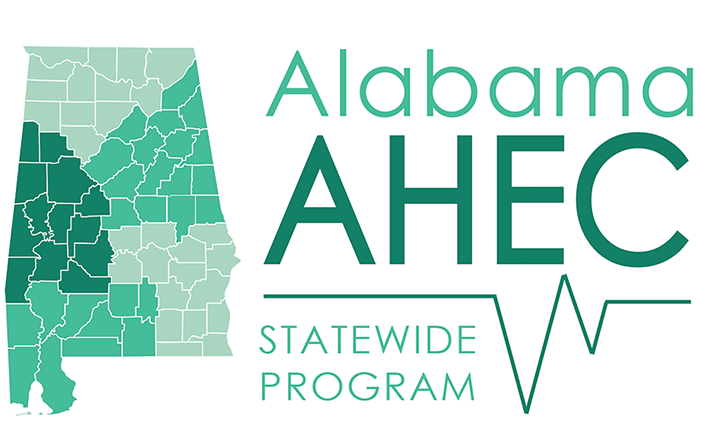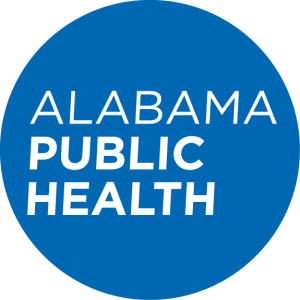On June 26, 2023, the CDC issued a Health Alert Network (HAN) health advisory to share information and notify clinicians, public health authorities and the public about Plasmodium vivax malaria cases acquired in Florida and Texas. Although no evidence suggests that cases in the two states are related, active surveillance for additional cases is ongoing.
Malaria is the number one killer of all the parasitic disease known to man. In 2020, an estimated 200+ million cases occurred worldwide and over 600,000 deaths were recorded (WHO,2005). More than 80% of deaths worldwide occur in sub-Saharan Africa. Most cases in the U.S are due to travelers and immigrants returning from countries where malaria is endemic (sub-Saharan African and South Asia).
Four species of Plasmodium causes malaria in humans. One of the species, Plasmodium falciparum, is the most pathogenic of all. Transmission to humans is by the blood-sucking bite of a female Anopheles mosquito. The parasite multiplies in the red blood cell of humans. Incubation period is between 9-30 days. Symptoms include fever, flu-like symptoms, headache and muscle aches. Malaria control and prevention includes the elimination of mosquito breeding sites like stagnant water and bushes, use of PPE against mosquitoes (ex. screen and pyrethrin treated nets) and use of anti-malaria medications.
Below are recommended resources on malaria:
General information on malaria by the CDC
https://www.cdc.gov/parasites/malaria/index.html
WHO information on Malaria
https://www.who.int/news-room/fact-sheets/detail/malaria
Malaria and Travelers for U.S. Residents
https://www.cdc.gov/malaria/travelers/index.html
Genetically modified mosquitoes cut the insect number by 96 percent
https://www.newscientist.com/article/2344811-genetically-modified-mosquitoes-cut-the-insects-number-by-96-per-cent/
Cheaper Malaria Vaccine recommended by WHO.
https://www.newscientist.com/article/2395634-cheaper-malaria-vaccine-recommended-by-the-who/
Recommended vaccine Malaria Vaccine for children at risk
https://www.who.int/news/item/06-10-2021-who-recommends-groundbreaking-malaria-vaccine-for-children-at-risk
WHO Malaria Toolkit App
https://www.who.int/teams/global-malaria-programme/malaria-toolkit-app
Other Recommendations:
Review of malaria diagnosis and treatment in the United States
First US malaria cases diagnosed in decades in Florida and Texas
Why Mosquitoes are good at smelling you.
The battle against Malaria (A New York Times editorial)



















